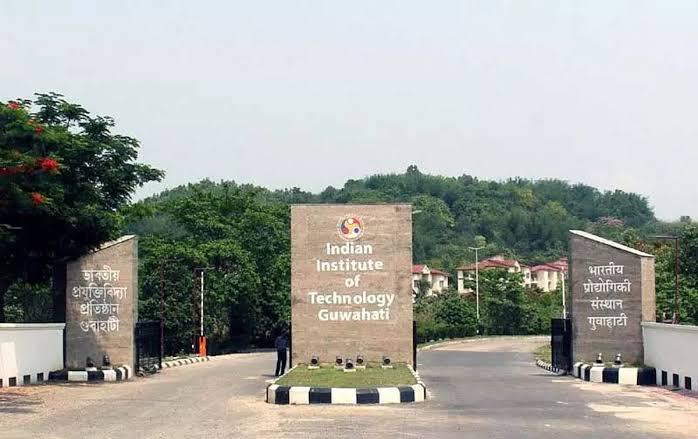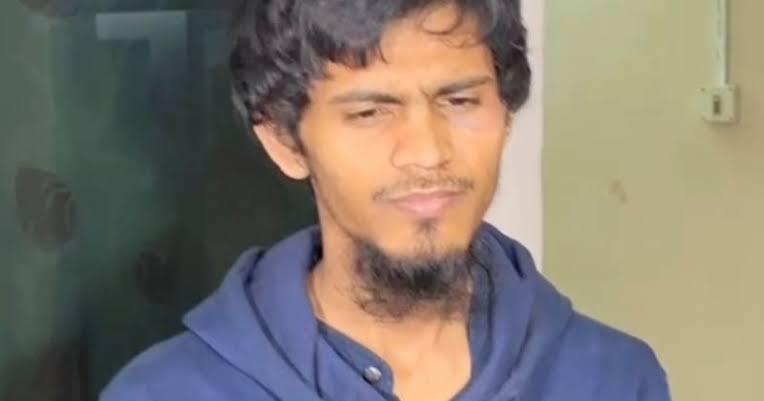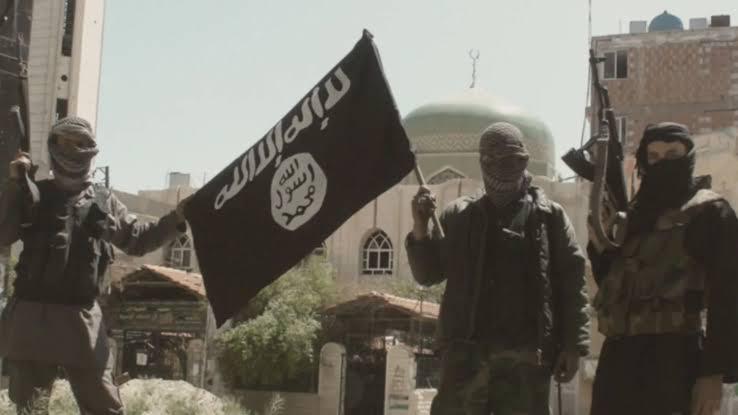On Evening of 23 March , An IIT-Guwahati student, Tauseef Ali, was detained by Assam police in Hajo, about 30 km northwest of Guwahati, for an investigation after allegedly attempting to join ISIS, as conveyed by his Open Letter on social Media, as he pledged allegiance to the terror group.
Director General of Police GP Singh posted on X on Saturday close to midnight, “Reference @IITGuwahati student pledging allegiance to ISIS- the said student has been detained while travelling and further lawful follow up would take place."
What was in his ‘Open Letter’?
Tauseef was a fourth-year Biotechnology student from Okhla in Delhi, In ‘An Open Letter’ on LinkedIn posted on Saturday, he “disassociated" himself from the “Indian-Construct that includes the so-called Indian Constitution, its institutions and so on".

“My first step after my repentance is to make Hijrat (emigration) toward Muslimeen (Muslims) to a region known as Islamic State-Khorasan province to pledge my allegiance to the Muslim-Leadership (Islamic State)…It is a fight between Muslimeen (those who have surrendered to Allah) and Kafireen (infidels)…," the letter stated.
His detainment and Investigation
Tauseef disappeared from the IIT-G campus soon after his posts went viral, since then a lookout alert was issued for the student, according to police sources.
Special Task Force sources said that he was taken to his hostel room where "A purportedly similar flag to that of ISIS [Islamic State]", and an Islamic manuscript were found. He was a loner and didn't have friends on the campus,
Additional Superintendent of Police (STF) Kalyan Kumar Pathak said, "After receiving an email, we verified the authenticity of the contents and started an investigation." The email was sent by the student, in which he claimed that he was on the way to join ISIS.

Pathak said the IIT-Guwahati authorities were immediately contacted, who informed them that the said student had been "missing" since noon and his mobile phone was also switched off.
“A search was started to locate him and he was nabbed from the Hajo area, around 30 km from Guwahati, on Saturday evening with the help of locals, " the ASP said. He informed that after initial questioning, the student was brought to the STF office.
"We are going through the items seized, it is too early to say much. We are investigating the intention of sending the email. The student has given some details, but we cannot disclose anything further now," Pathak added.

ISIS India Leader detained by the STF
The detainment of the IIT-G student occurred following the arrest of ISIS India leader Haris Farooqi and his accomplice Anurag Singh on March 19. They were captured by the State police’s Special Task Force after crossing into western Assam’s Dhubri district from Bangladesh and are currently under the custody of the National Investigation Agency.
Anurag Singh, also known as Rehan, hails from Panipat and converted to Islam. His spouse is a Bangladeshi citizen. Farooqi was suspected of hiding in Bangladesh and engaging in the radicalization of Indians.
He played a key role in establishing modules in various Indian states, including Jharkhand, Delhi, Uttar Pradesh, Madhya Pradesh, Goa, Punjab, Maharashtra, and Karnataka. Farooqui, originally from Aligarh in Uttar Pradesh, was wanted by the National Investigation Agency (NIA).
Are Students Weak Targets of these Extremist Manipulators?
In a similar case from 2018, Ahtesham Bilal Sofi, a teenage boy from Kashmir who disappeared from Sharda University in Uttar Pradesh, reportedly appeared in social media posts connected to the terrorist organisation ISJK in the Kashmir Valley. The chief of the Jammu and Kashmir Police hinted that he might have joined the regional militant group Hizbul Mujahideen, despite his initial claims of joining ISJK.
The increasing number of Indian students becoming radicalised and joining terrorist groups exposes a worrying trend that poses a significant challenge to the safety and security of the country. Students becoming radicalised is a complicated phenomenon that is influenced by a number of variables, such as exposure to extremist propaganda, social alienation, ideological indoctrination, personal grievances, and manipulation.

Along with that, Social media platforms play a significant role in facilitating the spread of extremist ideologies by acting as a breeding ground for radicalization and recruitment. These platforms are used by terrorist groups to spread their propaganda, find weak targets, and elevate violence in the service of their goals.
Combating student radicalization necessitates a multifaceted strategy that includes preventive, interventionist, and rehabilitative measures. Addressing this issue urgently is imperative. By encouraging critical thinking, tolerance, and resilience in their students, educational institutions help to immunize them against extremist narratives.
We can prevent our youth from becoming victims of terrorist organisations and guarantee a safer and more inclusive society by addressing the underlying causes of radicalization and creating an atmosphere of inclusion and communication.
(Inputs from Agencies)
Photo Credit: Multiple Source
©️ Copyright 2024. All Rights Reserved Powered by Vygr Media.









